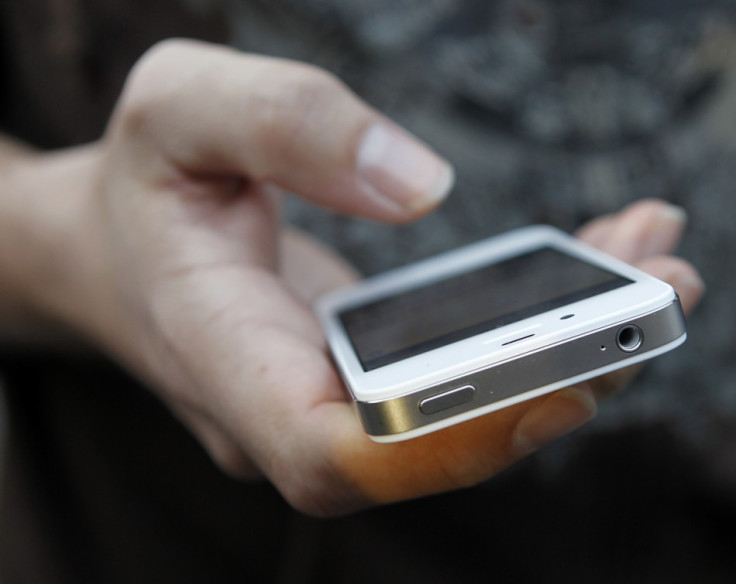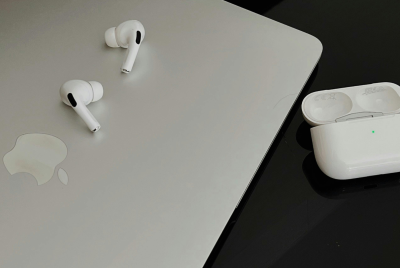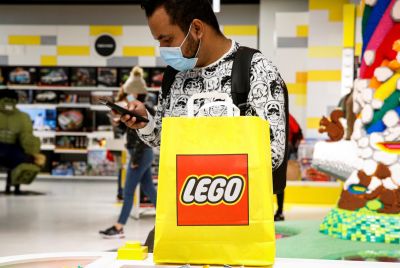Texting More Popular Than Phone Calling for the First Time [VIDEO]
Text messaging has taken over phone calls as the most popular form of communication in the UK for the first time, led by tech-savvy 16- to 24-year-olds.

This shift in the way we communicate with friends and family is being driven by the ongoing surge in smartphones and tablets, with two fifths of UK adults now owning a smartphone with the same proportion saying their phone is the most important internet-connected device they own.
Tablets, such as the Apple iPad and Samsung's Galaxy Tab range, have become hugely popular recently, with UK adult ownership leaping from two to 11 percent in just 12 months.
Compiled by Ofcom, the data shows that consumer technology is increasingly affecting how we live our lives and how this change is being spearheaded by the younger generations.
James Thickett, Ofcom's director of research, said: "Our research reveals that in just a few short years, new technology has fundamentally changed the way that we communicate. Talking face-to-face or on the phone are no longer the most common ways for us to interact with each other.
"In their place, newer forms of communications are emerging which don't require us to talk to each other - especially among younger age groups. This trend is set to continue as technology advances and we move further into the digital age."
A staggering 96 percent of young people aged 16 to 24 use text communication - either by email, text message or social network - every day to contact friends and family.
As a result, talking on the phone - both mobile and landline - is becoming less popular, with 67 percent of 16 to 24-year-olds making phone calls every day; but it's not just the younger generations, as phone usage across the entire UK population fell by five percent through 2011.
This represents a ten percent fall in landline usage and, for the first time, a dip in mobile calls - albeit by just one percent on the previous year.
Commenting on the release, Graham Stapleton from Carphone Warehouse, said: "The fact that text messages and mobile internet are becoming greater priorities for customers is reflected in the way tariffs have evolved in the last year.
Our homes are featuring more internet-connected gadgets than ever, with every UK household containing an average of three internet-connected devices and 15 percent have six or more - such as smartphones, computers, tablets and games consoles."
Stapleton added this trend is set to continue: "Our insights team has forecast that an extra 12 million people will buy their first smart phone this year. It's a market that continues to go from strength to strength."
Reading habits are also being changed by technology; as one in ten UK adults now own an ebook reader such as the Amazon Kindle and 41 percent of owners claim to read more since they bought the device.
In a statement sent to IBTimes UK, Graham Stapleton of Carphone Warehouse, said: "The fact that text messages and mobile internet are becoming greater priorities for customers is reflected in the way tariffs have evolved in the last year. Data packages have exploded in the last 12 months.
"The shift can also be seen in the handsets that we see coming to market. Manufacturers are investing tens of millions in the innovation of screens, connectivity and operating systems, all of which relate to customer demand. Quite frankly, a phone call is the same whether you're calling from one handset or another."
Stapleton adds, "Our insights team has forecast that an extra 12 million people will buy their first smart phone this year. It's a market that continues to go from strength to strength."
Watching the London 2012 Games
Ofcom research predicts that at least 38 million UK adults will tune in to watch the Olympic and Paralympic Games on television and a quarter of workers plan to follow the games while in the office.
Technology will play a bigger role than ever in how we watch the games, with 53 percent of adults agreeing that watching will be easier, thanks to services such as the BBC's 24 live streaming HD channels.
A quarter of UK adults say they will use social networks like Facebook and Twitter to follow the games, adding that they believe this will also make watching the Olympics easier.
© Copyright IBTimes 2025. All rights reserved.






















